Before we had smart homes and delivery apps, our ancestors had some pretty clever ways of handling life.
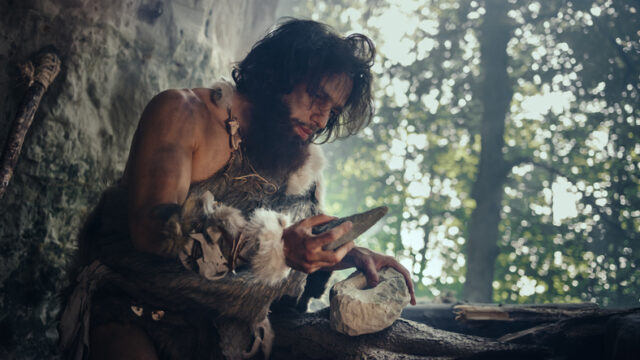
Sure, our life expectancy is now way better than 30, and we don’t have to chase down any food we want to eat, but that doesn’t mean there’s nothing we can learn from the people who came before us. These are some of the important things they understood that we’ve lost sight of over the years.
1. Sleep patterns follow natural light.
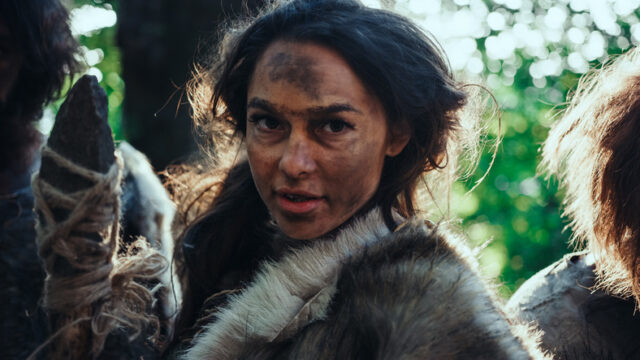
Turns out our ancestors weren’t binge-watching Netflix until 2 AM — hey actually slept in two chunks with a chill hangout session in between. They’d catch their first Zzzs after sunset, wake up for a few hours of quiet time or stargazing, then drift off again until sunrise. No wonder we feel weird about forcing ourselves to sleep straight through the night — our bodies might be trying to tell us something about this whole “proper sleep” thing we’ve invented.
2. Movement integrates with daily life.
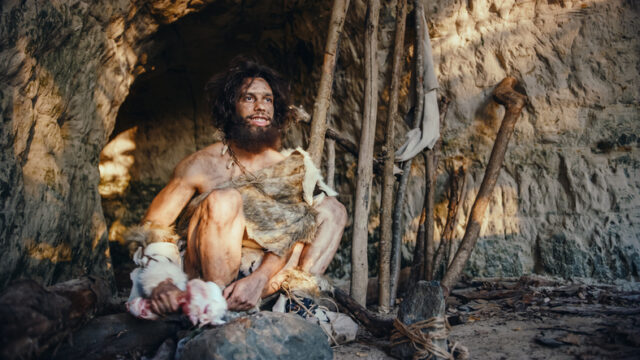
These people didn’t need Fitbits or gym memberships — they got their exercise hunting mammoths and building shelters (okay, maybe just gathering berries some days). Their version of a workout was living life: walking to find food, squatting to rest, and lifting things because they had to. No need for “leg day” when every day involves moving your whole body just to keep the lights on, so to speak.
3. Social bonds extend beyond immediate family.
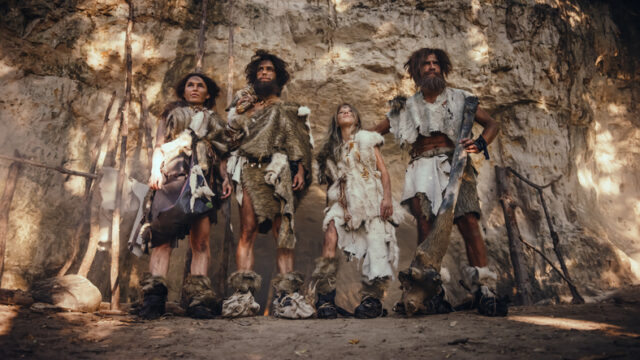
Before we had neighbourhood Facebook groups, people actually talked to their neighbours — wild, right? The whole “it takes a village” thing wasn’t just a saying — it was daily life. Kids had multiple adults looking out for them, meals were community events, and nobody had to stress about finding a babysitter for date night because there was always someone around to help. Maybe they were onto something with this whole community vibe.
4. Food gathering creates mindful eating.
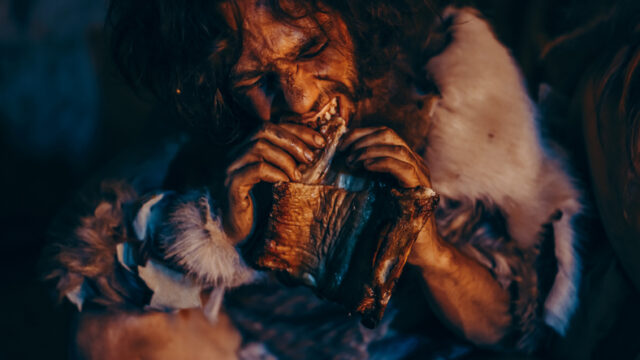
Imagine if your DoorDash driver had to forage for your dinner first. Our ancestors knew exactly where their food came from because they had to go get it themselves. No late-night processed snack binges when you have to track down and prepare everything you eat. They were basically doing farm-to-table before it was cool, minus the Instagram posts and fancy menus.
5. Problem-solving stays collaborative.
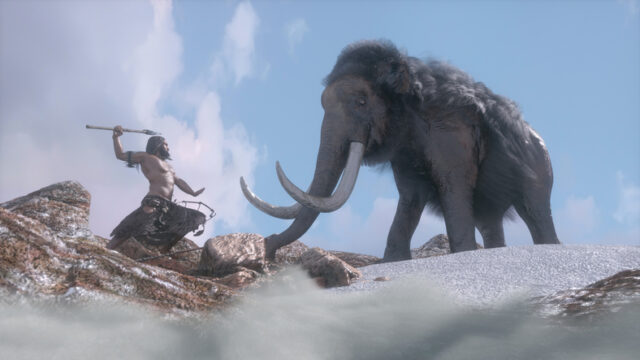
These folks didn’t have the luxury of googling “how to escape angry bear” — they had to figure things out together. Every challenge was a group project, and everyone’s input mattered. Sure beats sitting alone with your laptop trying to solve everything yourself. Plus, when the whole group helps solve a problem, everyone remembers the solution for next time.
6. Skills pass through direct mentorship.
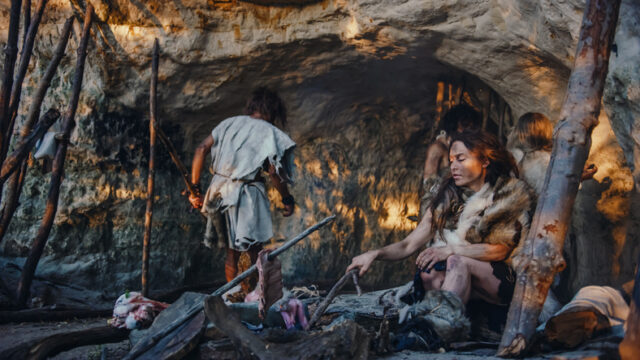
No YouTube tutorials or online courses back then — if you wanted to learn something, you had to actually hang out with someone who knew how to do it. Young people learned by watching, helping, and doing, not by cramming for exams. Imagine learning to cook by actually cooking alongside someone instead of panic-googling “why is my pasta crunchy” at midnight.
7. Rest responds to natural rhythms.
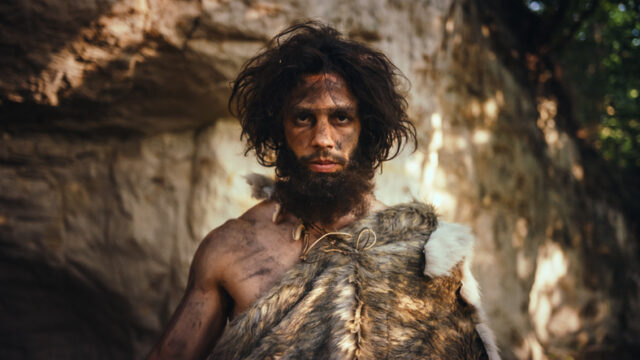
Nobody was setting alarms for 5 AM to crush their morning routine — they just listened to their bodies and the environment. Tired? Take a break. Good weather? Time to get stuff done. Bad weather? Perfect excuse for a nap. They weren’t fighting their natural energy cycles with coffee and deadlines, and somehow they still managed to survive and thrive.
8. Play serves essential functions.
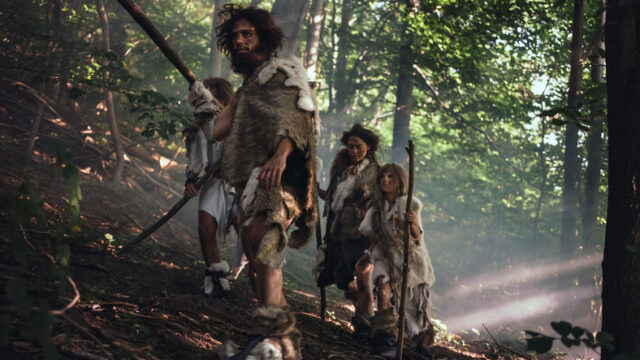
Their version of “professional development” involved games that actually helped them get better at survival skills. Kids weren’t stuck in after-school programs — they were playing games that taught them life skills while having fun. Think hide-and-seek but with actual survival benefits, not just to avoid doing homework. Every game had a purpose, but nobody was stressing about learning outcomes.
9. Status emerges through contribution.
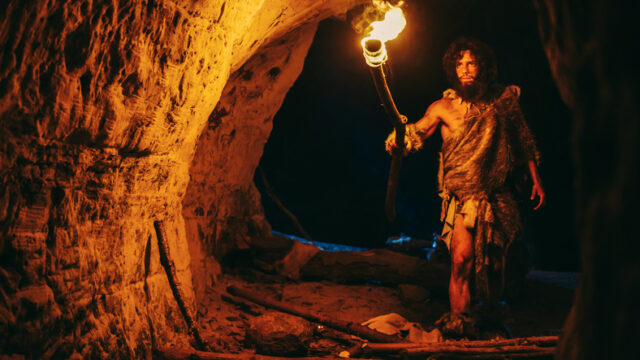
You couldn’t just order a fancy car to impress the neighbours — your status came from what you could actually do for other people. Good at finding food? Respected. Great storyteller? Valued. Skilled at making tools? Everyone’s best friend. Your Instagram follower count wouldn’t have meant much, but knowing how to make fire? Now that’s influencer status right there.
10. Decision-making requires consensus.
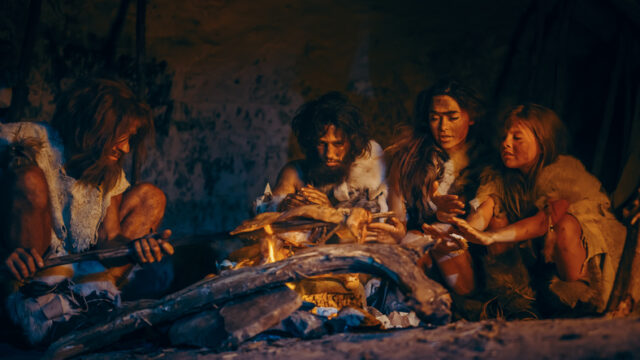
Before making big moves, everyone got a say — imagine that in today’s corporate world. No rushed decisions because someone had a meeting to get to. They took their time, heard everyone out, and made sure the whole group was on board. Sure, it took longer, but when was the last time you felt good about a rushed decision anyway?




